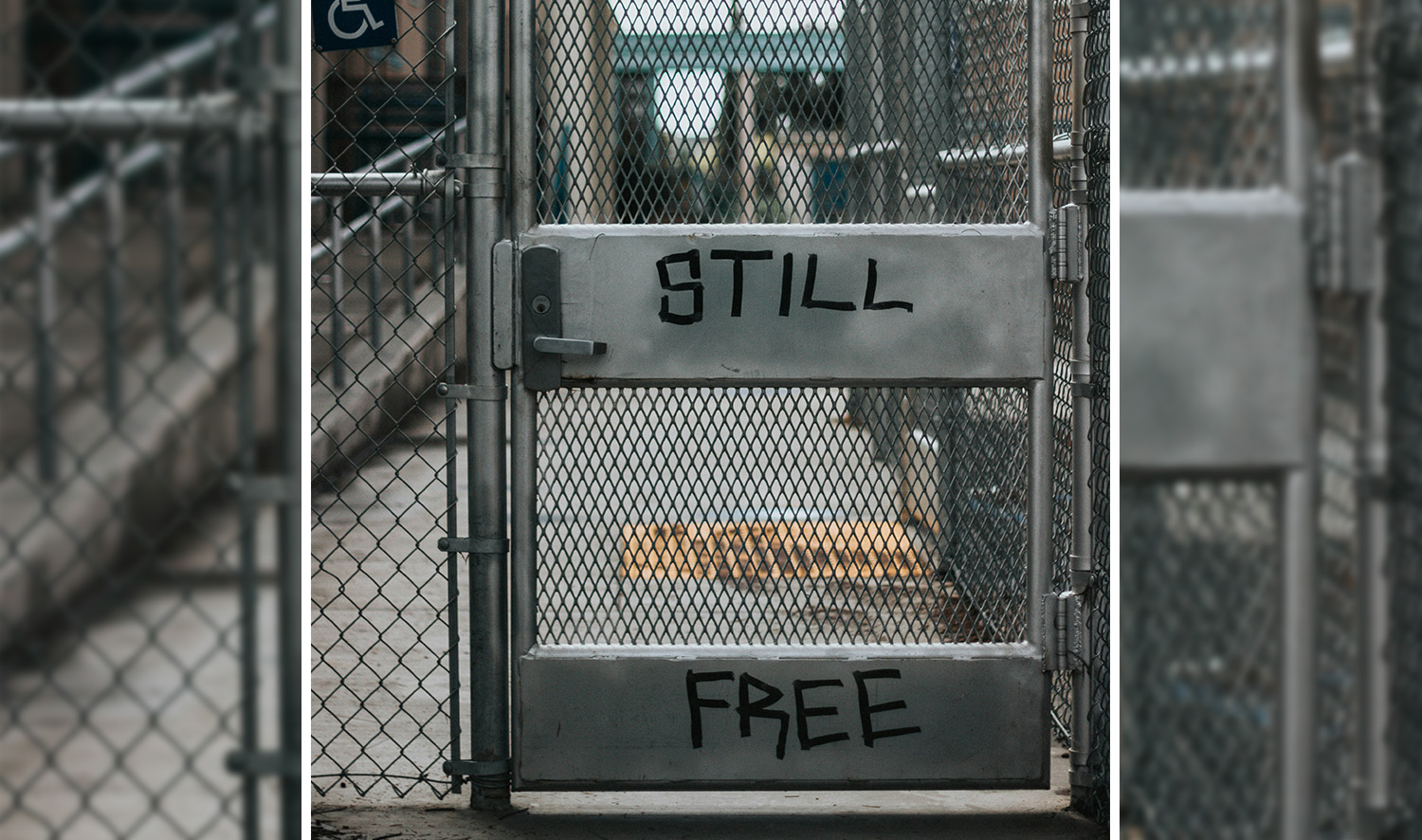The words “merry” and “happy” do not mesh well with words we have been hearing for most of 2020. Words like “vulnerable,” “fatigue,” and “death” seem to fit better. Fear, grief, and stress have been the companions for many of us during this very abnormal year. It should not be this way! Christmas and COVID-19 do not mix well.
Slowdowns, shutdowns, and lockdowns have made more time available to us. Using that extra time to reflect on some aspects of the Christmas story may bring some surprising and comforting results.
It is not hard to imagine the stress (read “shame”) Joseph, “a righteous man”, would have experienced upon receiving the news that his wife-to-be was now pregnant (Matthew 1:19). Honour and shame are critical cultural values in his society. When Joseph and Mary arrived in Bethlehem, another social stigma awaited them. They were suddenly homeless (read, “vulnerable”) in their hometown!
Graphic images of the bodies of migrants on the shore of the Mediterranean over the past few years alert us to the dangers related to human migration in the 21st century. Ancient travel was extremely dangerous. The first journey of Joseph and an expectant Mary was a journey of 150 km to Bethlehem. Later, now with a toddler, they took a much longer journey as they emigrated to Egypt (Matthew 1:13, 19). We do well to recognize the risk and fear that accompanied the characters in the Christmas story as they moved about the countryside!
Relocation was not the only thing that caused disruption in their lives. As we take time to reflect on the story, we see change is in store for everyone! Joseph is not just becoming a husband. Mary is not just becoming a wife. Zechariah, a man who makes his living in a public place, has to learn a whole new way to communicate. Elizabeth is barren. If you are familiar with the story of Hannah (1 Samuel 1) you will know that in this culture barrenness carried a public stigma. Now she is going to have a child! What does she do? She spends five months in isolation (read “seclusion”) (Luke 1:24, NIV).
Pain—both physical and emotional—is woven into the very fabric of these “birth narratives.” Imagine the parental panic that would ensue upon losing your child in a large crowd during a major public/religious event? Lost for…four days (Luke 2:44-45)!
The last thing anyone wants to deal with at Christmas is death. Herod’s slaughter of the children of Bethlehem would bring a deep darkness to Bethlehem (Matthew 2:16-18). When Mary and Joseph bring Jesus to the temple, Simeon informs Mary of two heart-wrenching truths: her son will be the target of hateful words (Luke 2:34), and “a sword will pierce your own soul too” (Luke 2:35).
Theologian John Swinton, who is also a registered nurse, said, “… worship that constantly emphasizes happiness and joy can be profoundly difficult for people who just don’t experience that. If you have enduring depression and all your church ever talks about is happiness and how you should be happy, then you’re going to find yourself either faking your spirituality or simply feeling miserable.”1 For those of us who preach, and for those of us who lead worship, let us not forget that Christmas is a difficult time for many of our attendees (both in-person and online). And let’s be honest, it can be difficult time for us!
We find hope in the Christmas story because we discover that it is also our story.2 The Apostle Paul tells us that these things were written, “…to teach us, so that through endurance and the encouragement of the Scriptures, we might find hope” (Romans 15:3). It is my prayer that becoming more aware of the presence of stress, pain, and sorrow in the biblical narrative can help make this COVID Christmas better than normal.
1John Swinton, “Helping Christians with mental health issues starts with better language,” Faith and Leadership, November 24, 2020. Accessed on November 25, 2020. https://faithandleadership.com/john-swinton-helping-christians-mental-health-issues-starts-better-language John Swinton is the chair in divinity and religious studies at the University of Aberdeen and a registered nurse who specializes in mental health.
2In this brief article I have only considered some aspects of the experiences of the major characters (Joseph, Mary, Elizabeth, and Zechariah). The minor characters (the Magi, the shepherds, Simeon, Anna) also faced challenging experiences.
Share:
Find more posts about:
Rev.larryhurst
Support the mission
The Global Advance Fund (GAF) is a pooled fund that supports our workers in Canada and around the world to share the Gospel with people who haven't yet heard the name of Jesus. Your continued generosity equips and sustains our workers and their ministry.








